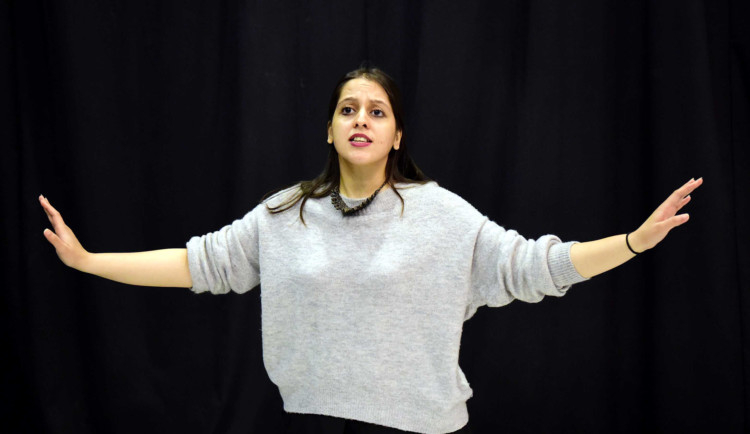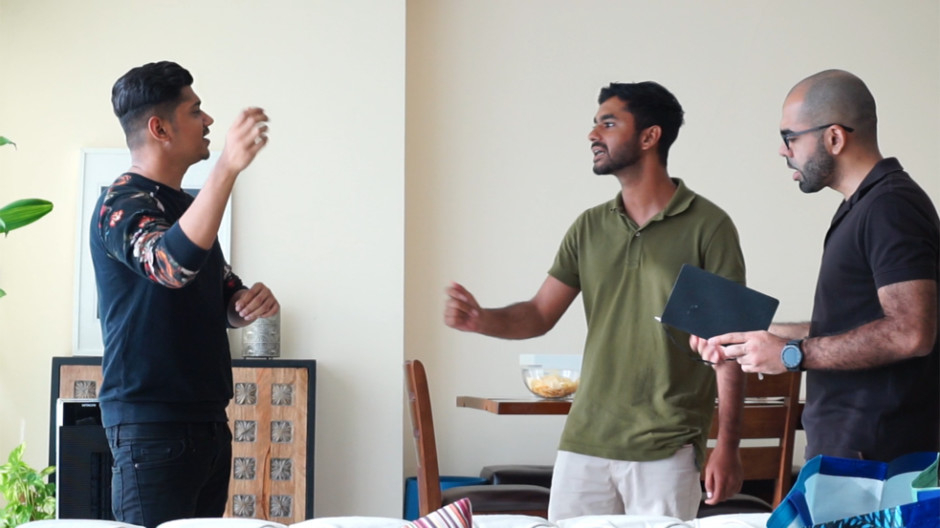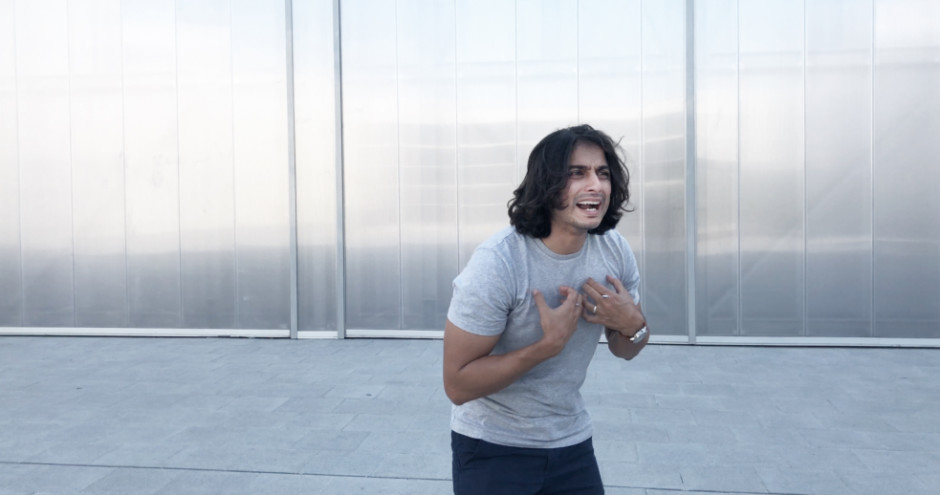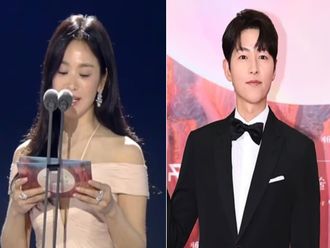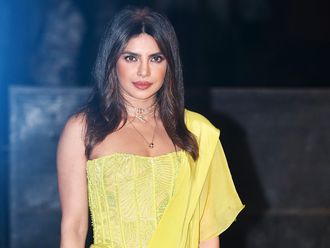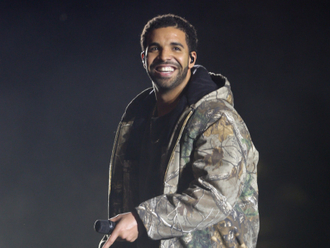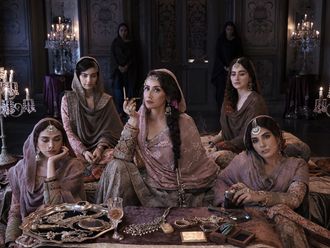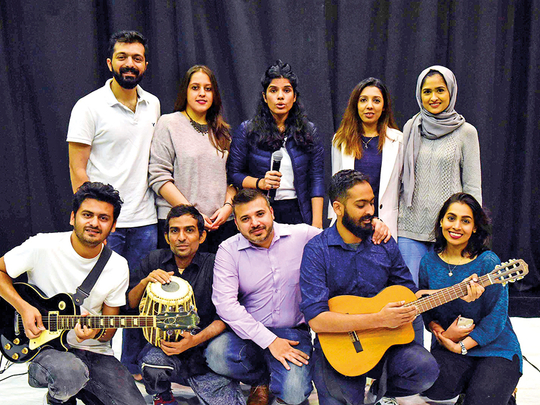
You may be sitting on a honeypot, but you’ll never know it until you hear the hum of bees.
You may have the keys to a treasure trove, but to confirm it you must explore.
This seems to be the message of Rang 2017, which brings to the UAE an evening of poetry and performance in Urdu, on November 18.
Curated by 34-year-old Sarah Sohail, the annually-themed quarterly show, aims to showcase the vibrancy of the language and depth and resonance of its literature.
“Rang has been a dream journey for all of us, because in the expat community there’s probably [no one] working towards the initiative of taking local art, music, culture and theatre...beyond borders,” she says. “Our challenges were obviously finding people who would enjoy this kind of art, because it’s a very niche attempt. To get people to spend... to buy tickets for something like this was obviously very hard for us, but we were aware that what we were doing in terms of art form had audiences, few in number but that were good in number.”
It all began when Sohail, who runs a Facebook page called UAE-based Pakistanis along with friend (and Rang co-founder) Usman Shaikh, felt a need to create a platform for like-minded individuals hoping to showcase their talent to the world. For this she had a two-pronged approach: getting her old theatre group Qissa-Go involved and identifying from the pool of skills on the Facebook page, who would fit into the narrative she wanted to weave.
Sadly, a lack of funds meant cutting the acts down to two. And so she picked her best bets: Mastam and Qissa-Go.
What is Qissa-Go?
The founder of the troupe, Tanya Daud attributes her love for languages to her exposure to a number of strains of communication while growing up. Of mixed Indian and Pakistani descent, she grew up hearing Punjabi, Marathi, Gujrati and Hindi, while learning formally in English.
The group she founded in October 2016 has a simple purpose: “Qissa-Go means storyteller [in Urdu] and we [the group] are taking account of the entire region. We are saying we want to promote, preserve and celebrate the languages that are in this region... whatever we can in the years to come, and we want to look at the literature everywhere,” she explains. “We want to explore it within these languages, because we’ve got an incredibly diverse, incredibly rich [trove] and we as a people don’t realise the power within all these languages.”
And while Sohail’s focus is to celebrate the language of poets and kings, as the Farsi, Arabic and Sanskrit hybrid has come to be known, it also met the approval of the thespian.
Qissa-Go’s goal is simple, explains 31-year-old Daud.
“My generation, a lot of us are to of touch with our languages, you know, our literature. One of the core focuses in this [project] is to attract a younger audience, to bring them back into the fold,” she says. “Secondly, we want to become a platform who create new storytellers, who give new storytellers a chance and to cultivate new storytellers, because we kind of are hung up on who [Bengali poet] Rabindranath Tagore was or who [Pakistani poet] Faiz Ahmad Faiz was, and there’s a lot to learn from all of these people, but we cannot be stuck in a time warp and not cultivate more storytellers.
So Qissa-Go is a platform where we want to cultivate more storytellers from South Asia.”
Narrow the focus, and you see where the performers would fit into Rang’s scheme of things. So how will Daud’s group contribute?
“Qissa-Go is doing a 35-40 minute segment wherein we are performing to the works of very renowned South Asian authors — there is Faiz Ahmad Faiz, there is Habib Jalib, there is Parveen Shakir, Sahir Ludhianvi... we’ve got about eight poets that we are performing to. We are [doing] theatrical renditions of their work. We are working with Urdu because this is the language Rang wanted to work with. But also, in our initial production and in this production, Urdu and Hindi seem to be spoken by many people across countries right now. So it is sort of like a unifier in that sense,” says Daud.
She goes on to explain that the other group that’s performing is Mastam, a band fronted by husband-wife duo Faraz Rizvi (a guitarist) and Schumaila Rahmad Hussain (a classically trained composer and singer, who has also sung for the movie Balu Mahi). They’ve been working as a professional band for about five years, and the pride in Rizvi’s voice when he speaks of his wife is almost tangible.
“Trying to compose poetry as music is itself a task,” he says, but she’s doing rather well. Her USP, explains Rizvi, is taking the works of famous poets — “Jaun Eliya is usually our initial target” — and putting music to them.
On November 18, the duo, accompanied by a tabla player and bass player, will play both classics, by Noor Jehan, Ustad Nusrat Fateh Ali Khan, Abida Parveen, and other original compositions. “The initial rendition of two [poems are] from Jaun Eliya, and obviously considering the part that the initial performance may be very sophisticated and you know slow, we gonna pull up the show by presenting some very fast tracks as well. It’s not completely new, modern, but ... you might find a new element of these songs,” says Rizvi.
To find similarities and differences in tune and song, may seem like a Titanic-style venture, but the UAE has been at the centre of an Urdu resurgence: this year Dubai has seen at least three Urdu recitals: the epistolary play Mian, Biwi aur Wagah; Main Shayar To Nahin; and the famous Dastangoi.
So are both Rang and Qissa-Go more a work of timeliness than anything else? Daud’s voice takes on a half-weary, half-amused quality: “Actually, Qissa-Go came before everyone — we started in 2016 and [the first] actual production was in December 2016. The cast of Mian, Biwi aur Wagah was a part of Qissa-Go and they later founded Goonj.”
It may be a labour of love, but there’s no denying that’s its also a good look at the honeypot.
____
Don’t miss it
Rang 2017 runs at The Junction, Alserkal Avenue on November 18. Tickets are Dh150.



